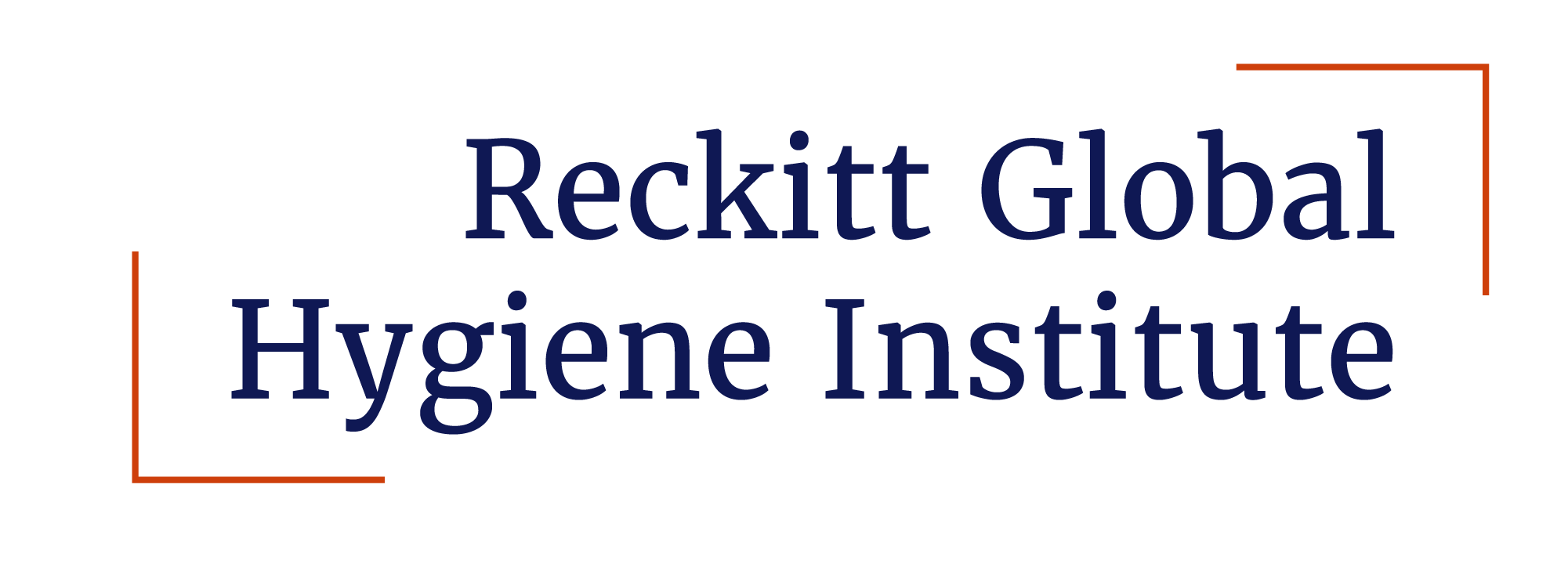Kick-starting a Research Project Towards Strengthening Guardian Waiting Shelters in Malawi’s Health System
1 October, 2025
In Malawi’s healthcare system, family members serve as essential caregivers who stay at hospitals to provide basic patient care. Guardian waiting Shelters (GWS) are a lifeline for these families, providing a place for caregivers to stay during their loved one’s treatment. Yet many shelters are unsafe, overcrowded, and have limited access to water, sanitation and hygiene (WASH) facilities. Previous research in Southern Malawi has already documented critical gaps in infrastructure and service delivery, highlighting just how urgent this challenge has become.
The GWS project funded through an RGHI Collaboration Accelerator Award (CAA) has been working to change this reality by developing the first national hygiene standards for Guardian Waiting Shelters and integrating them into Malawi’s broader healthcare WASH and IPC policies. The national Guardian Waiting Shelters study launched with a significant stakeholder event in May 2025 in Mangochi, hosted by WASHTED Centre.
The day’s discussions centred around three critical objectives: introducing the scope and ambition of the national GWS study, gathering essential feedback on research tools and methods, and establishing Terms of Reference for a project team that spans the entire health ecosystem, including researchers, policymakers and practitioners. Representatives from government ministries, including the Ministry of Health and Ministry of Water and Sanitation, gathered alongside District Councils, NGOs, and Civil Society organisations
This newly established Research Technical Team will ensure the work reflects national priorities and is grounded by local realities. With continued engagement and support from this coalition, the research holds genuine promise for setting national standards for safe and hygienic GWS, creating safer conditions for caregivers and preventing disease transmission within healthcare facilities and communities across Malawi.
The research is led by the Malawi University of Business and Applied Sciences (MUBAS) through WASHTED Centre, in collaboration with the University of Strathclyde and the London School of Hygiene and Tropical Medicine (LSHTM), with funding from the Reckitt Global Hygiene Institute (RGHI).
Livia Mulligan, RGHI Communications Assistant

 A view of Old Town Salvador by Mariana Ceratti / World Bank (CC BY-NC-ND 2.0, https://creativecommons.org/licenses/by-nc-nd/2.0/)
A view of Old Town Salvador by Mariana Ceratti / World Bank (CC BY-NC-ND 2.0, https://creativecommons.org/licenses/by-nc-nd/2.0/)